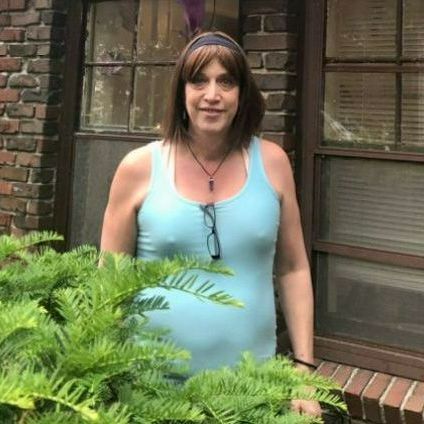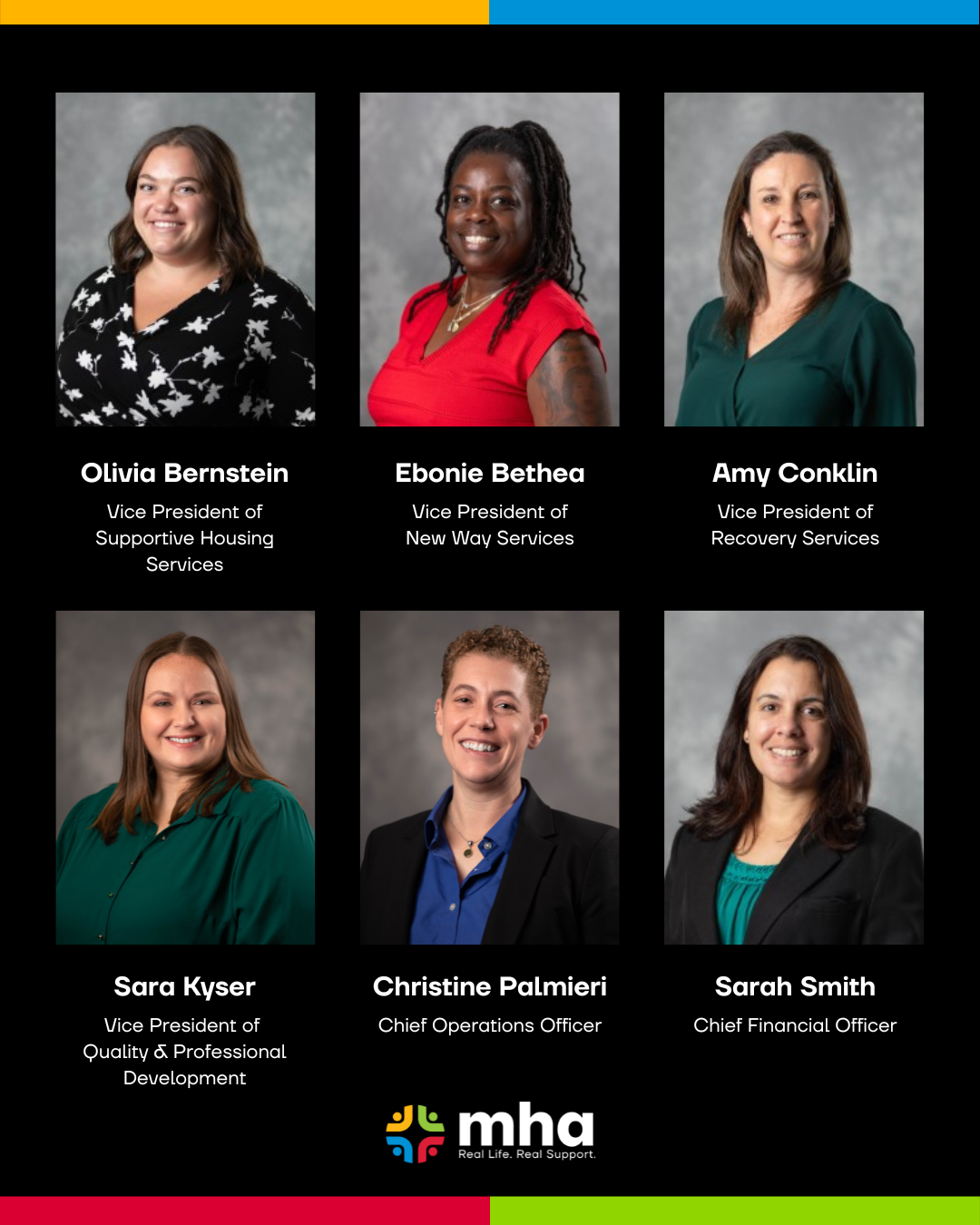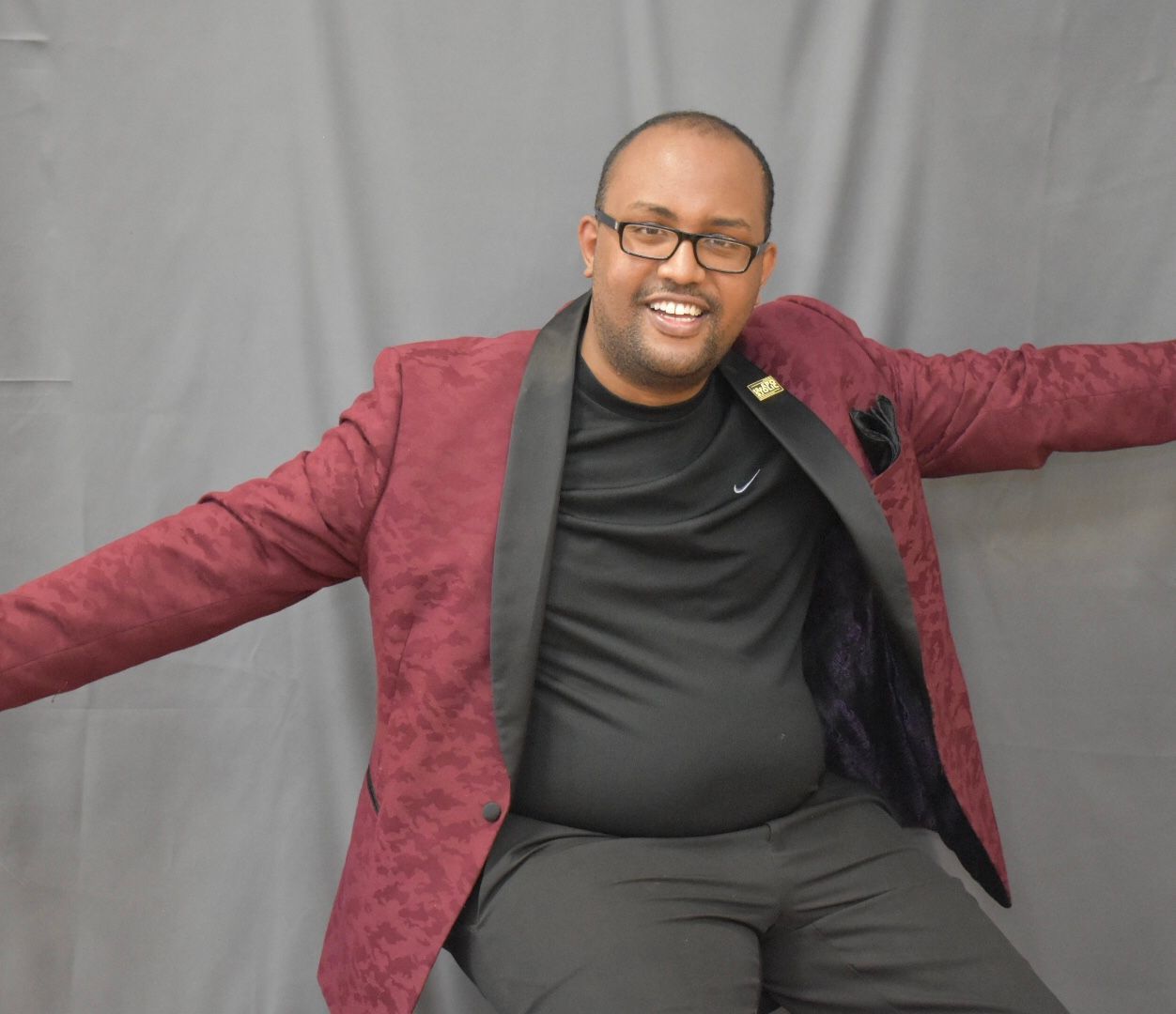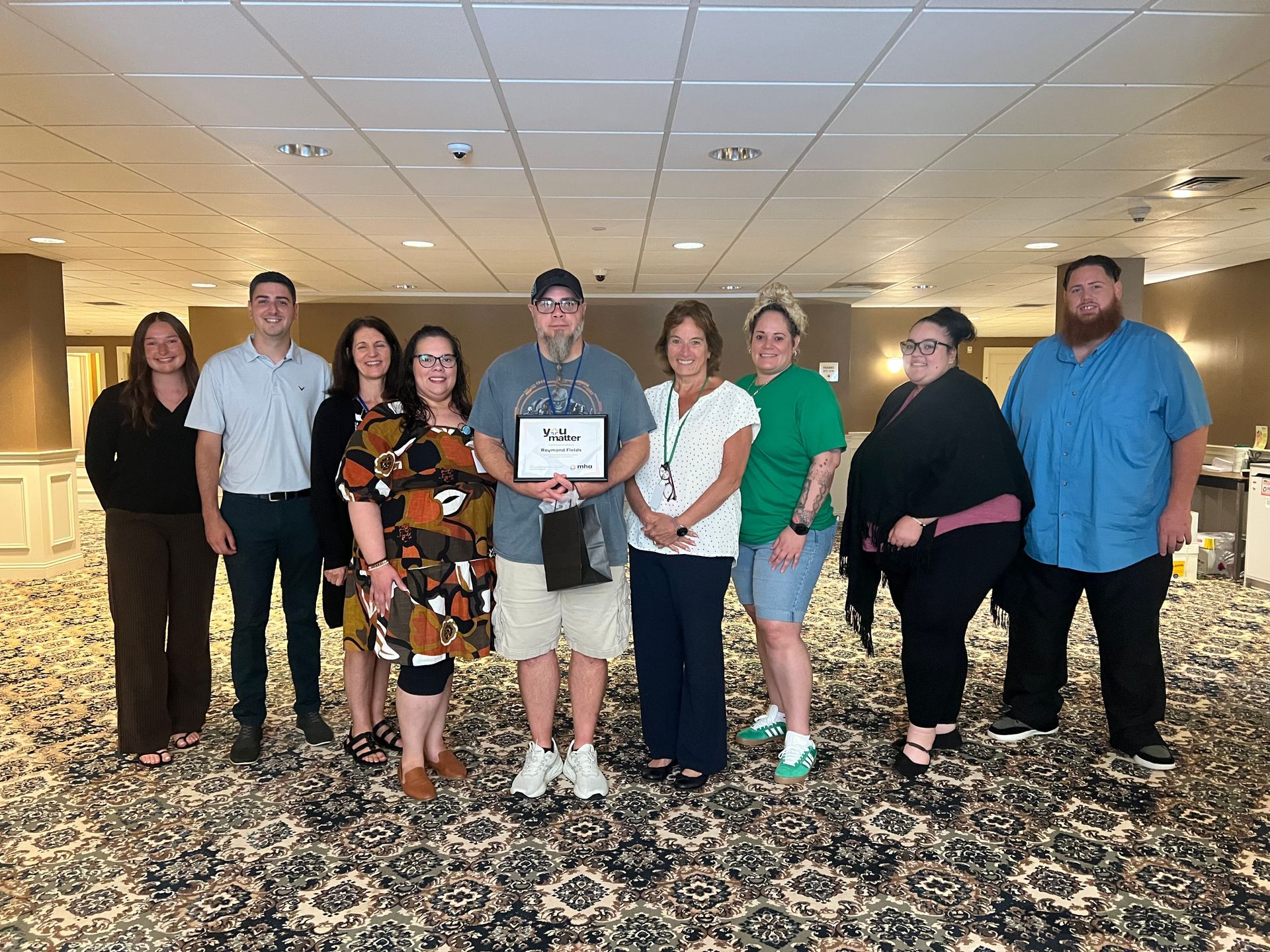Celebrating Pride Month with Lauren Guild

Every day MHA celebrates the accomplishments and contributions the LGBTQIA+ community has made. The month of June allows us to highlight the wonderful people in this community further while helping to raise awareness about the struggles and challenges the LGBTQIA+ community continues to face. MHA’s GRIT Yale Street residential recovery program is designed to assist those who identify as LGBTQIA+ with a substance use disorder and a co-occurring mental health diagnosis. The program is the first of its kind in Massachusetts, celebrating its second year of programming. This month, MHA will highlight several of our program participants in our Yale Street program.
This week we would like to share the story of Lauren Guild. Lauren, 64, came into the GRIT Yale Street program in late 2021 after struggling with alcohol addiction. After coming out as transgender late in her life, Lauren dealt with discrimination and constant harassment. The abuse escalated to a point that Lauren could barely function and turned to alcohol to help cope with the emotional pain and trauma. “When I came out as transgender, it changed my relationships with those I knew. Some were pretty relentless and made unfortunate comments and slurs. It got to the point where it was difficult to cope with that atmosphere. I relapsed several times. Then one day, I decided to throw clothes into a laundry basket and go to a detox center. I went to several other places to get help, but then I heard about GRIT Yale Street and asked to be put on the waiting list.”
When Lauren first entered the program, she said some of the early challenges she faced were managing her emotions and working through the emotional trauma. “It was challenging working on my mental health. I had to be willing to seek counseling to establish a support system. But one of the bigger challenges was rebuilding my self-worth so I could start believing in myself and that I deserved it as much as anybody in this world. Even at my age, it’s never too early to start over and live a happy life.”
Unlike other programs she has been in, Lauren appreciates GRIT Yale Street’s “non-cookie cutter approach,” which has helped make her recovery process meaningful. “I have been to other places, and everything felt like a handout. It’s like they hand you a piece of paper and say, ‘Fill this out, or what face are you today?’ Here, the staff cares about you, and the treatments are individualized. You go at your own pace. It’s not like ‘onto the next.’ ”
During her time in the program, Lauren has made significant progress. She has learned not to be defined by her past and has become more comfortable with her identity. Lauren says she “feels happier” and has learned to establish better boundaries with those around her. “The GRIT-Yale House has been a life-changing experience for me. I have gone from an empty vessel to someone that actually believes in herself. I’m not perfect, but it is progress. I’ve learned to take my time and allow myself to evolve.”
Lauren has developed excellent relationships with all the staff, and they’ve been an integral part of her success in the program. She said she can connect with the staff because many are part of the LGBTQIA+ community. “They’ve been through the same thing. Some of them had their own addictions and their own problems. They understand the issues and can relate to you. They use their experience and knowledge to help others.”
Lauren has also become good friends with fellow program participant Andy Deese, whom MHA featured in a previous story. Lauren says she looks up to Andy and considers him a close friend. Andy and Lauren have become a source of encouragement and support for each other. “Lauren is a great friend. She will pull me aside and talk with me when I don’t want to go to a group session or there is something that is on my mind,” Andy said.
After a year and a half in the program, Lauren is set to graduate at the end of June, where she will transition into her own apartment. This will be her first time living in an apartment alone in over 20 years.
Despite graduating from the program, Lauren says she still wants to continue the relationships she has made. “I finally broke the cycle, but I want to be closely connected to this place. I still want to be able to drop by and say hello and keep up with the program. I want to give back. I want to stay active and continue the work I’ve made with my recovery coach, who is also a friend.”
Lauren is thankful for her time in the program and offered advice to anyone entering GRIT Yale Street. “Out of all the places I’ve been to over the years, this program has been the most comprehensive and most helpful. I am so grateful. I want to say thank you to the staff for helping me get my life back. To my fellow peers, I didn’t think I could do it when I first got here, but now I can’t imagine where I would be without the program. To all the new people entering the program, you can do it, just give this program a chance and let the process work because you are just as capable as me to succeed in the program.”
MHA’s GRIT Yale Street residential program is in a beautiful 16-bed Tudor-style home in Holyoke, Massachusetts. The program houses individuals who identify as LGBTQIA+, are in early recovery from substance use, and have a mental health diagnosis.
If you or someone you know needs substance use and/or mental health assistance, please call 844-MHA-WELL. To learn more about GRIT and its Yale Street program, please visit www.mhainc.org/grit.
share this story





